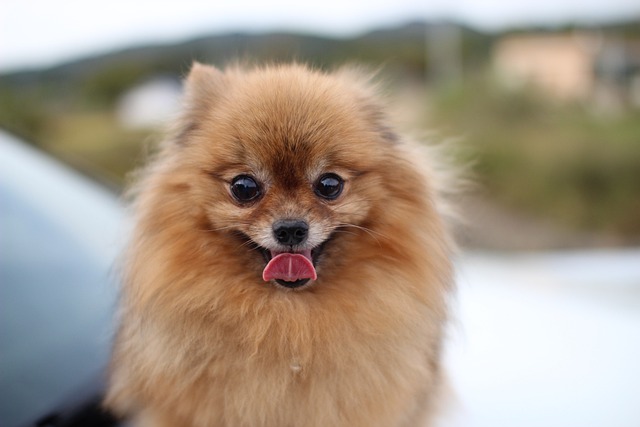
Can you stop a dog from jumping
Watching my neighbor’s golden retriever, Max, launch himself at every guest who walked through their door—paws on shoulders, tail wagging like a metronome
I took my neighbor’s beagle, Charlie, to the neighborhood park last Saturday, and within 2 minutes, he’d caught a whiff of something interesting and bolted toward the bushes, ignoring my “Come!” calls. Watching him disappear into the foliage, I remembered how frustrating it is when your dog tunes you out outdoors—where distractions like squirrels, other dogs, and new smells make focusing on you feel impossible. Training your dog to come when called outside isn’t about perfection; it’s about building trust so they choose you over the chaos. Let’s break down how to turn those ignored calls into excited sprints back to your side.
Dogs ignore outdoor calls because their brains are wired to prioritize exploration. Outdoors, their senses go into overdrive—sights, sounds, and smells that trigger their “hunt and explore” instincts. A trainer in Boston explained it like this: Your voice competes with a squirrel rustling leaves, a breeze carrying another dog’s scent, or a child laughing nearby. To win that competition, you need to make “coming back” more rewarding than whatever’s grabbing their attention. Positive reinforcement—rewards like treats, praise, or play—works because it teaches their brain, “Running to my human = awesome things happen,” while scolding just makes them associate your call with stress, so they’ll avoid it more.
Start training in low-distraction outdoor spots first, like your backyard or a quiet alley. Use a consistent, cheerful cue—“Here, Charlie!” works better than a sharp “Come!” because excitement is contagious. Stand 10 feet away, say your cue, and when he takes a step toward you, cheer loudly and toss a high-value treat (freeze-dried liver or cheese) his way. Gradually increase distance and add small distractions, like tossing a toy a few feet away. Once he nails it here, move to a park with a 20-foot long line (a lightweight leash) for safety. If he ignores you, gently guide him back with the line, then immediately reward when he reaches you—never scold, or he’ll link coming back to being upset. My cousin’s golden retriever, Lucy, took 3 weeks of 5-minute daily sessions to reliably come; now she trots back mid-chase when she hears “Here!”
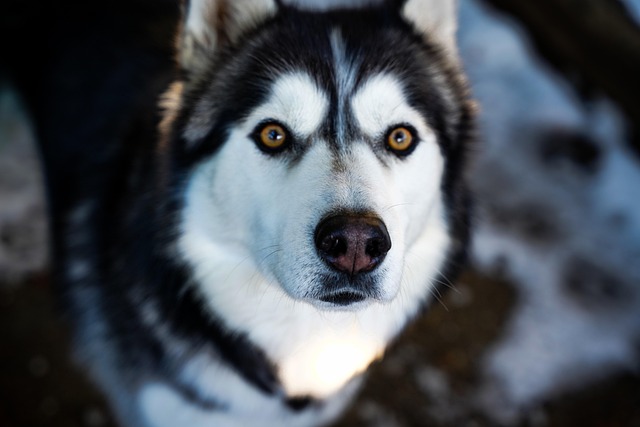
In apartments, practice in hallways first to build focus before heading to parks—this teaches them to listen even with new sounds. When visiting busy parks, keep them on a leash until they’re consistent; this respects other dogs and owners who might not want unexpected interactions. Always carry poop bags (Boston fines $150+ for forgetting) and keep their rabies vaccine current—most parks require proof, and a dog who listens is safer around kids and pets. Never chase a running dog; instead, kneel, clap, and say their name happily—curiosity will make them check in.
By autumn, Charlie was trotting back to me mid-sniff, tail wagging, even when a squirrel darted past. That’s the magic of outdoor recall: it turns stress into joy, letting your dog explore while knowing they’ll always choose to run back to you.

Watching my neighbor’s golden retriever, Max, launch himself at every guest who walked through their door—paws on shoulders, tail wagging like a metronome
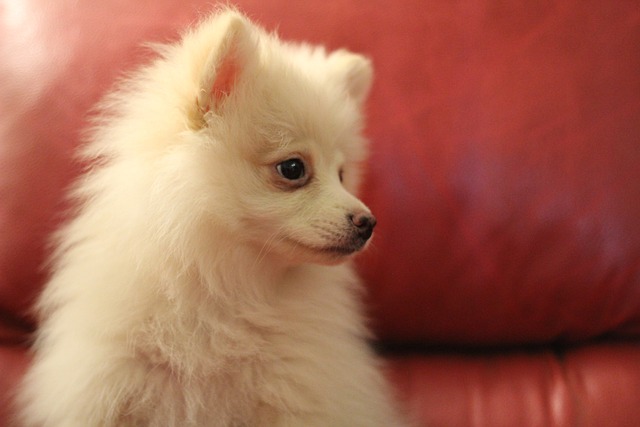
I sat with Maria in her Austin apartment last spring as her rescue German Shepherd, Max, paced nervously near his bed, hackles raised.

How long does it take to potty train a 4 month old puppy? Most vets and trainers agree you’re looking at roughly 4 to 6 weeks of consistent work, but don’t stress if your little one takes a bit longer.
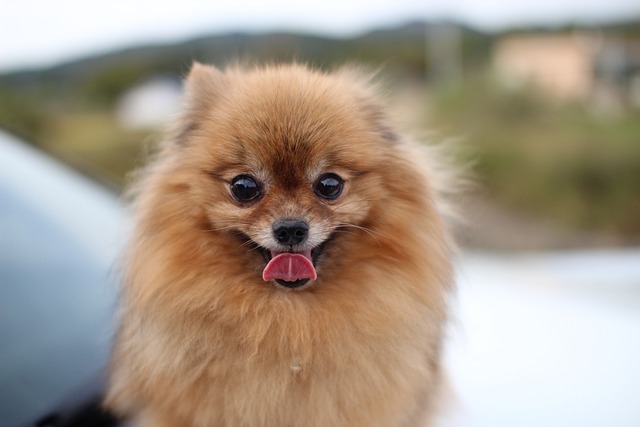
I was helping my friend Lily with her rescue pit bull, Rocky, last winter when he lunged suddenly, nipping her hand hard enough to leave a bruise.
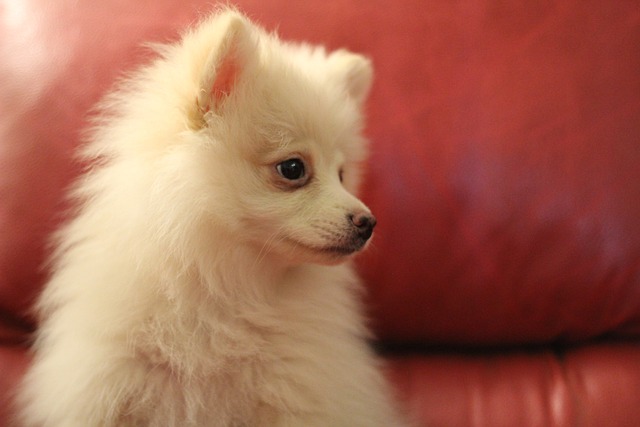
I sat across from Jamie in a Seattle coffee shop last month as she scrolled through her phone—3 missed texts from her apartment manager, all about her border collie
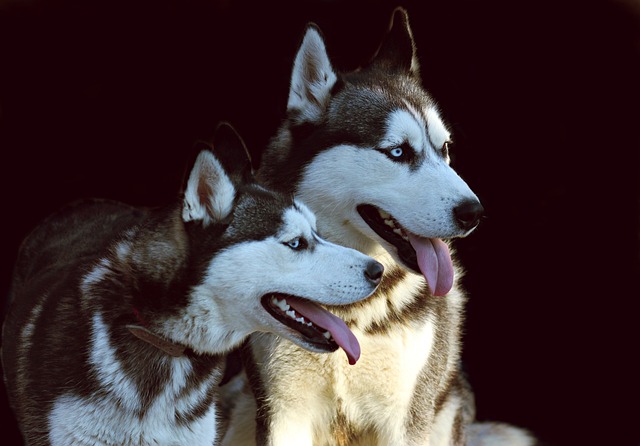
I jolted awake at 2 AM in my Chicago apartment, the sound of my neighbor’s terrier, Milo, barking nonstop through the walls. “Not again,” I groaned